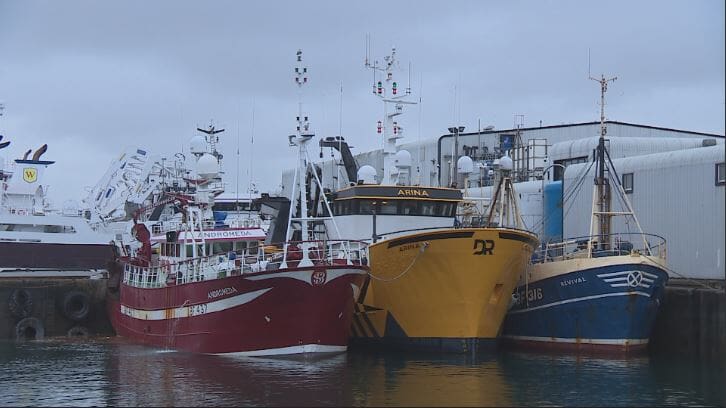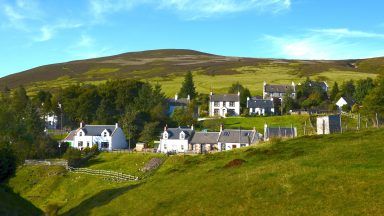Scottish fishermen have criticised data from conservationists suggesting a quarter of UK Commercial fish stocks are being overexploited, as negotiations on next year’s fish quotas begin.
Oceana, say tougher measures must be put in place, arguing it will benefit fishermen in the long term.
Hugo Tagholm the vice president of the conservation organisation, Oceana, said: “It’s critical that the government ensures that there’s a fair deal with fishers particularly if there’s low catch limits.
“Supporting them both financially and economically to potentially to diversify into other fishing practice becomes critical if the government wants to follow the advice and science.”
However, fishermen argue that the organisation is oversimplifying the science, and that they’ve also requested lower stocks to be set as part of next year’s quotas.
Daniel Lawson from the Shetland Fishermen’s Association said: “Oceana is an anti-fishing group which regularly publishes sensationalised reports denigrating the fishing industry and wilfully misrepresenting UK fish stocks.
“We have also urged governments to set lower quotas than advised for species such as haddock and whiting in recent years, because they are similarly mismatched with the reality of stock abundances found at sea.”
Oceana dispute being “anti-fishing” and said they want to work with fishermen so they can thrive alongside their communities.
2026 could be a tough year for the Scottish fleet.
In May, a deal was signed between the UK and the EU as part of the post-Brexit agreement, to allow a further 12 years of access into the North Sea for European boats, which wasn’t welcomed by fishermen here.
Then, in recent weeks, we’ve seen advice come out from the scientific body ICES – information that’s used by governments to decide fish quotas, suggesting a zero-catch limit for cod, and a 70% reduction in the number of mackerel that’s caught.
The point on cod is a particularly big sticking point with the fleet because cod is a bycatch – it comes up with the other fish caught – it’s not as simple as not catching any cod.
One thing both sides agree on is that the UK and Scottish Governments much carefully consider the data before them as they start talks on how much of each species can be caught next year.
A Scottish Government spokesperson said: “The Scottish Sustainable Fishing Indicator shows that the sustainability status of stocks in Scottish waters has increased through time, from 39% in 1995 to 73% in 2023.
“We take our responsibility to balance the competing pressures on the marine environment seriously.
“The majority of our fisheries are not managed in isolation, but with coastal state partners.”
A decision on how much fishermen can catch of key North Sea fish stocks like cod and haddock will be made in the coming weeks with Scotland’s coastal neighbours.
Follow STV News on WhatsApp
Scan the QR code on your mobile device for all the latest news from around the country



























